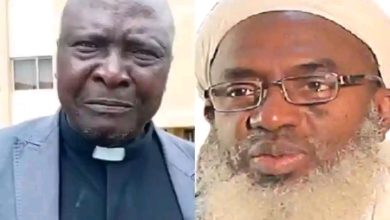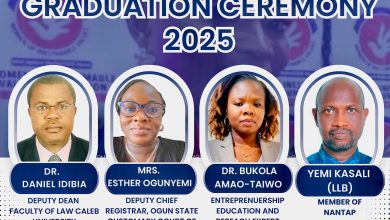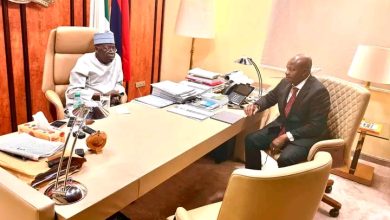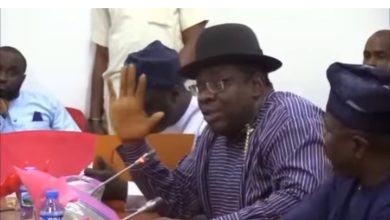Political Volcano Erupts: Kanu’s Conviction Ignites Fierce Obi–Omokri Clash
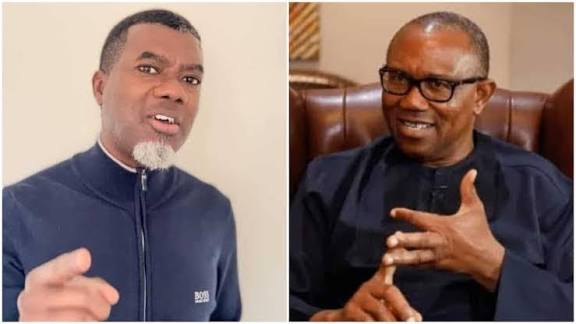
By Passman Akpos
Abuja, Nigeria — A fresh wave of political confrontation erupted on Saturday following strongly worded statements by former presidential aide Reno Omokri and Labour Party’s 2023 presidential candidate, Peter Obi, over the conviction of Indigenous People of Biafra (IPOB) leader, Mazi Nnamdi Kanu.
Omokri, in a lengthy public message addressed to Nigerians, accused Obi of aligning with Kanu and suggested that a future Obi presidency would result in a presidential pardon for the IPOB leader.
According to Omokri, Obi’s latest reaction to Kanu’s conviction “proves” his long-held belief that Obi sympathizes with the separatist leader. He referenced previous interviews in which Obi argued that Kanu “did nothing that warranted arrest,” adding that Nigerians should “never forget this in 2027 and beyond.”
Omokri further cited several controversial broadcasts allegedly made by Kanu during the October 2020 #EndSARS protests. He claimed the broadcasts incited violence, including attacks on security personnel and public infrastructure. The statements, which Omokri reproduced verbatim, included calls to “set Lagos on fire” and directives demanding that followers attack police and military personnel.
He linked these alleged broadcasts to the violence and destruction recorded in Lagos the following day, referencing billions of naira in property damage, destruction of BRT buses, police stations, state institutions, and private facilities.The allegations remain part of ongoing public debate, and Kanu’s legal team has previously denied claims that he orchestrated violence during the protests.
Omokri concluded with a political warning:“Nigerians, never forget this in 2027. Peter Obi must NEVER be President of Nigeria!”
Peter Obi Responds: Says Kanu Should Never Have Been Arrested
In a separate statement released on Saturday, Peter Obi described Kanu’s conviction as a “failure of leadership” and a development that could worsen national tensions at a time of severe economic hardship and insecurity.
Obi maintained that Kanu’s arrest and prosecution should never have occurred, arguing that Nigeria had failed to address the underlying grievances raised by the IPOB leader.
According to him, national unity cannot be achieved through coercion but through “dialogue, constructive engagement, wisdom, and empathy.”
Obi insisted that the issues raised by Kanu were neither new nor insurmountable, saying:“The concerns Kanu raised were not unheard of… It only required a willingness to listen.”
He faulted the government’s approach, calling it counterproductive and warning that the conviction risks deepening mistrust between citizens and the state.
Obi also urged the Presidency, the Council of State, and respected elder statesmen to pursue a political settlement—echoing longstanding calls for negotiation and reconciliation in the case.
“If we truly desire a new Nigeria,” Obi said, “our leaders must choose healing over hostility… Only through justice and fairness can we move forward.”
A Nation Split Ahead of 2027
The sharply contrasting positions by Omokri and Obi reflect deepening political and ethnic tensions as Nigeria inches toward the 2027 general election.
Kanu’s conviction—already a polarizing national issue—has now become a fresh battleground for competing political narratives.
Analysts warn that unless managed carefully, the debate could inflame existing divides in a country grappling with economic crisis, insecurity, and rising public distrust in government institutions.
For now, Nigerians are left navigating two starkly different interpretations of justice, leadership, and national unity—each with profound implications for the country’s democratic future.

